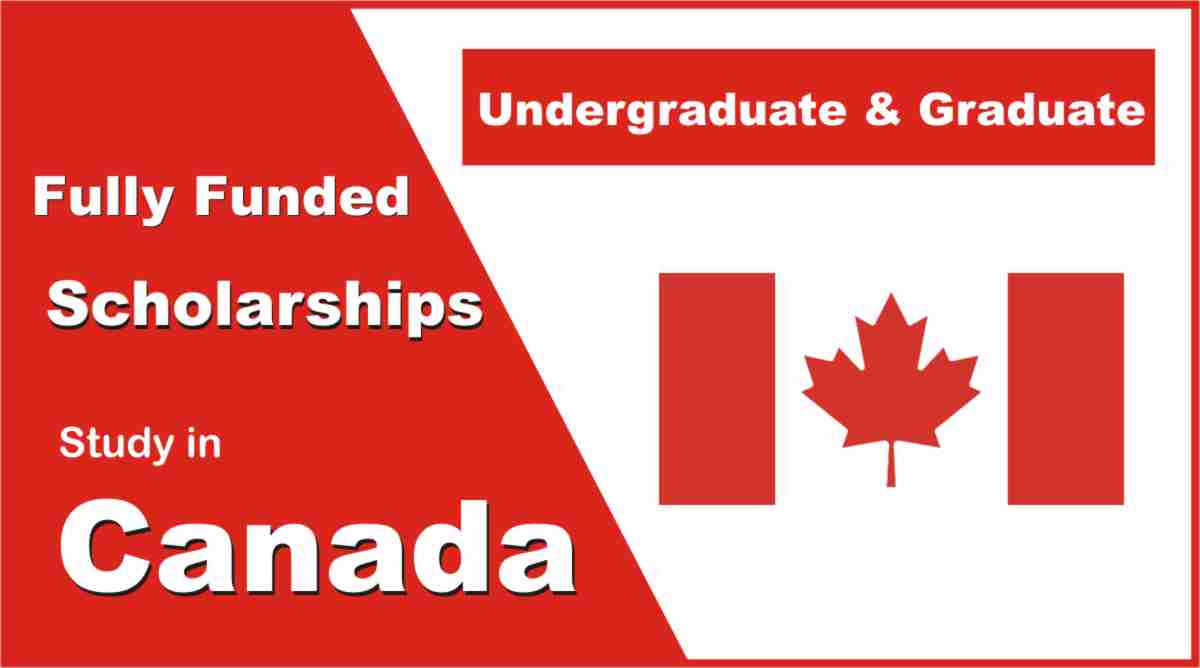If you’re hunting for underrated countries to study nursing with visa sponsorship, you’ve probably noticed the online advice cycle through the same few destinations. Meanwhile, a set of countries quietly combine: (1) recognized nursing degrees, (2) realistic tuition, (3) supportive visa rules (often with university or government sponsorship/endorsement), and (4) clear pathways to stay and work after graduation.
Below is a practical, evidence-based guide for 2025. It blends current policy sources, university pages, and scholarship portals with on-the-ground, applicant-focused advice—so you can decide with confidence and avoid costly detours.
What “visa sponsorship” usually means (and how it actually works)
In study contexts, visa sponsorship typically means the university or a government scholarship issues the official documents that “sponsor” your study visa—for example, a formal acceptance/“invitation” used in your visa file (Finland’s admission + Migri application; Lithuania’s residence permit for studies; Turkey’s Türkiye Scholarships invitation), or a student-pass sponsor (Malaysia’s institution-backed application via EMGS). For some alternatives (e.g., Germany’s Nursing Ausbildung), an employer or hospital is the sponsor for a training visa.
Pro tip: When comparing destinations, verify three pillars:
Work rights during study, 2) post-study stay options, and 3) licensing pathways (how a foreign nursing degree gets recognized where you’ll eventually practice).
Snapshot: 10 underrated destinations at a glance
Ranges are typical starting points and vary by institution and city; always check program pages.
| Country | Why it’s underrated | Typical tuition (int’l) | Teaching language | Sponsorship / key mechanism |
|---|---|---|---|---|
| Finland | English-taught nursing in UAS; strong work rights & job-seeker permit | €9,500–€12,000/yr | English | University admission supports residence permit; post-study job-seeker permit |
| Lithuania | Affordable EU option; flexible work rules | €3,000–€6,000/yr | English / Lithuanian | University admission supports residence permit; 12-mo post-study stay |
| Czechia | Low cost of living; students have broad labor-market access | €3,000–€7,000/yr | Czech / some English | University admission + residence permit; students access labor market |
| Hungary | Clear work limits; Stipendium Hungaricum visibility overshadowing nursing | €4,000–€7,000/yr | English / Hungarian | University admission + residence permit; 30h/w work allowed |
| Romania | Competitive fees; EU degree | €3,000–€6,000/yr | Romanian / some English | University acceptance + D-visa; 4h/day work allowed |
| Turkey | English-medium private nursing + Türkiye Scholarships | $3,000–$8,000/yr | English / Turkish | Türkiye Scholarships can fully sponsor (tuition + visa guidance) |
| Malaysia | English-speaking campus life; EMGS-backed student pass | $3,000–$6,000/yr | English | Institution sponsors EMGS Student Pass; limited part-time work |
| Taiwan | Generous MOE scholarships; safe & affordable | $2,500–$6,000/yr | English (esp. grad) / Chinese | Taiwan MOE scholarships sponsor studies; student work permit |
| Germany (Ausbildung) | Employer-sponsored paid nursing training | Paid training (stipend) | German | Hospital/company sponsors vocational-training visa |
| Mauritius | UK-validated top-ups, friendly work rules | £4,000–$6,000/yr (top-ups often) | English / French | University backs student visa; 20h/w permitted work |
Country deep-dives (costs, work rights, and pathways)
1) Finland: world-class training, clear post-study route
Finland’s Universities of Applied Sciences (UAS)—like Laurea and TAMK—offer Bachelor of Health Care (Nursing) in English with hands-on clinical placements. Typical non-EU tuition is ~€9,500–€12,000/year, with early-bird or merit scholarships available.
-
Visa & work rights: Non-EU students can work up to an average of 30 hours/week during studies, and may apply for a two-year job-seeker residence permit after graduation to find nursing roles.
-
Why it’s underrated: People assume Scandinavia is unaffordable; in reality, UAS nursing is tightly integrated with public healthcare, and employability is strong—if you’re proactive about Finnish language from Day 1.
Insider tip: Combine an English-taught program with free or low-cost Finnish courses offered by municipalities; B1–B2 Finnish vastly improves hiring odds in hospitals and eldercare.
Lithuania: EU access with flexible work rules
Lithuania offers budget-friendly tuition (often €3,000–€6,000/year) and rising English-taught healthcare programs. Students may work full-time while studying, and stay 12 months after graduation to seek work.
-
Visa & work rights: Non-EU students obtain a temporary residence permit for studies; full-time work is allowed, and the 12-month post-study window helps you convert to employment.
-
Why it’s underrated: The value proposition is strong; fewer marketing budgets mean fewer international reviews—but clinical placements and EU portability are solid if you learn some Lithuanian.
Insider tip: Ask faculties about language-assisted clinicals during Year 1 and whether they provide medical Lithuanian modules.
Czechia (Czech Republic): broad access to jobs during study
Czechia’s public system is known for low living costs and good healthcare infrastructure. Many nursing programs are in Czech, but English-taught pathways (or foundation-plus-degree routes) exist. Students with a study residence permit have free access to the labor market, a big plus for clinical exposure and income.
-
Post-study: Graduates can extend stay to seek employment (job-seeker residence), facilitating transition into EU roles with language.
-
Why it’s underrated: Many skip Czechia because they expect Czech-only instruction—yet bridge/foundation options + English tracks are expanding.
Insider tip: If your degree is in Czech, you’ll often study tuition-free at public universities; consider a year of language prep to unlock that option.
Hungary: predictable rules and growing English tracks
Hungary hosts well-reviewed medical faculties and increasing English-medium health programs. Non-EU students may work up to 30 hours/week during studies.
-
Post-study: Hungary offers job-seeker or residence options to transition after graduation.
-
Why it’s underrated: It often loses mindshare to Western Europe, but the work-hours clarity and living-cost advantage in secondary cities are appealing.
Insider tip: Look beyond Budapest—Debrecen, Pécs, and Szeged can trim rent by 20–35% vs the capital.
Romania: budget EU nursing with workable part-time rules
Several Romanian universities deliver nursing with competitive tuition (~€3,000–€6,000). International students may work part-time: up to 4 hours/day during studies for non-EU students.
-
Why it’s underrated: Prospects fixate on medicine/dentistry in Romania; nursing gets less attention but can be a great EU entry, especially if you’re willing to learn Romanian for clinicals.
Insider tip: Ask the faculty whether clinical placements accept English-only students initially; many wards expect at least A2–B1 Romanian by the second semester.
Turkey: English-medium options + Türkiye Scholarships
Turkey’s private universities (e.g., in Istanbul, Ankara, Izmir) offer English-medium nursing with modern skills labs. The standout: Türkiye Scholarships, a government program that can sponsor tuition, monthly stipend, health insurance, accommodation and visa guidance.
-
Work rights: Student work is regulated; part-time permission exists but is more constrained than in the EU—many students focus on on-campus or internships.
-
Why it’s underrated: Applicants overlook Turkey as “too competitive”; in reality, nursing seats at mid-tier private universities are reachable with a well-organized application.
Insider tip: Apply to Türkiye Scholarships and also directly to universities—don’t rely on one path.
Malaysia: institution-sponsored student pass via EMGS
Malaysia is a cost-efficient, English-speaking hub with reliable healthcare training. Your Student Pass is processed via EMGS, and the institution acts as the sponsor for the pass.
-
Work rights: International students can work up to 20 hours/week only during semester breaks and only in specified sectors, with immigration approval required.
-
Why it’s underrated: People underestimate the clinical quality at established institutions and the convenience of English instruction plus low living costs.
Insider tip: Choose programs with embedded hospital partnerships and ask about NCLEX/UK NMC prep electives if you aim to migrate.
Taiwan: generous scholarships & safe, high-tech environment
Taiwan’s Ministry of Education (MOE) Taiwan Scholarship can cover tuition and offer monthly stipends, making it a “hidden gem” for health fields—especially at the master’s level and research-heavy tracks in nursing/public health.
-
Work rights: International students can obtain a work permit and work up to 20 hours/week during term.
-
Why it’s underrated: Despite strong global rankings and safety, Taiwan is underrepresented in nursing searches outside East Asia.
Insider tip: Combine MOE funding with university TA/RA roles in community health or gerontology where bilingual outreach is welcomed.
Germany (Nursing Ausbildung): paid, employer-sponsored training
Germany’s Nursing Ausbildung is not a traditional degree; it’s a paid vocational training program (usually 3 years) combining school + hospital employment. Critically, the employer (hospital/care home) is the visa sponsor, and trainees receive a monthly stipend. Expect German B1–B2 for entry and strong job prospects given nationwide nursing shortages and the 2024 Skilled Immigration Act reforms.
-
Why it’s underrated: Many international students don’t realize they can bypass tuition entirely via this route (you’re paid while training), provided they invest in German.
Insider tip: Target large hospital groups with international recruitment programs; they often offer language sponsorship up to B2 and integration support.
Mauritius: anglophone campus life with UK-validated top-ups
Mauritius blends English/French environments, a stable economy, and friendly student work rules (international students may be authorized to work up to 20 hours/week). A smart play is a UK-validated BSc Nursing top-up delivered in Mauritius—giving you a British award at lower island costs.
-
Why it’s underrated: Outside Africa, few know that Mauritius hosts UK partners delivering healthcare top-ups; the climate, safety, and visa process are student-friendly.
Insider tip: If you already hold a nursing diploma/registration, compare top-up curricula from different UK partner universities on the island; some offer flexible clinical recognition.










